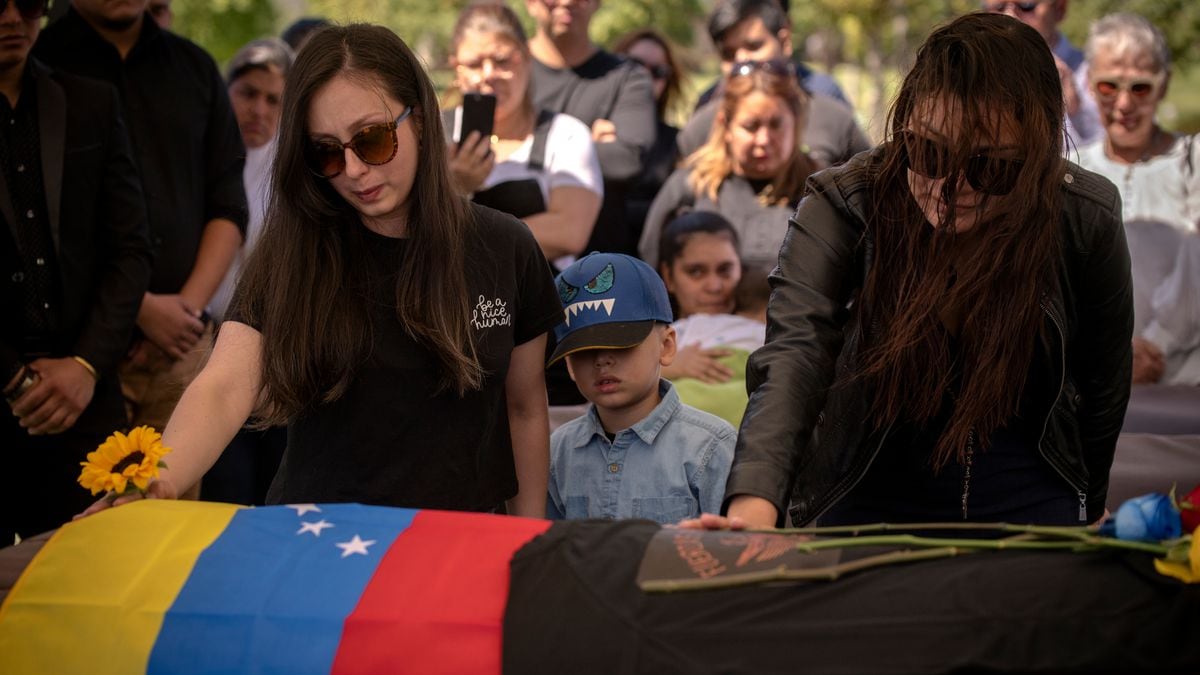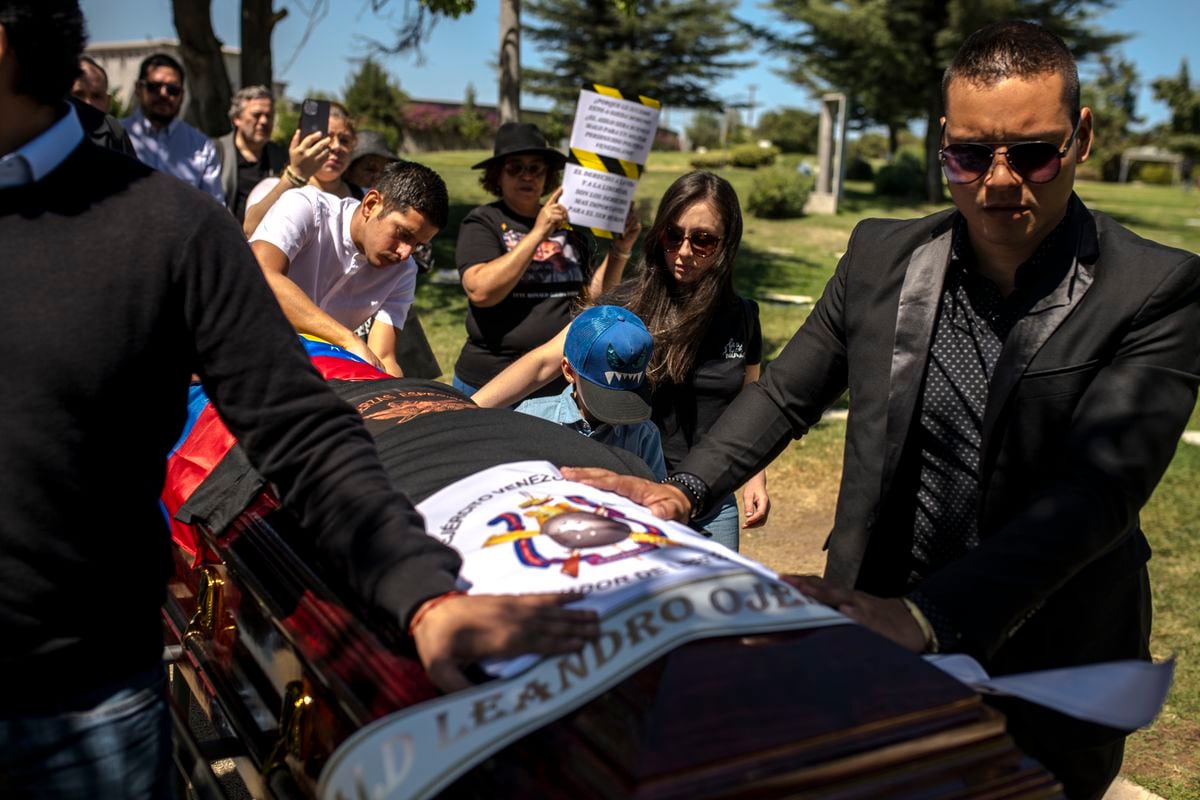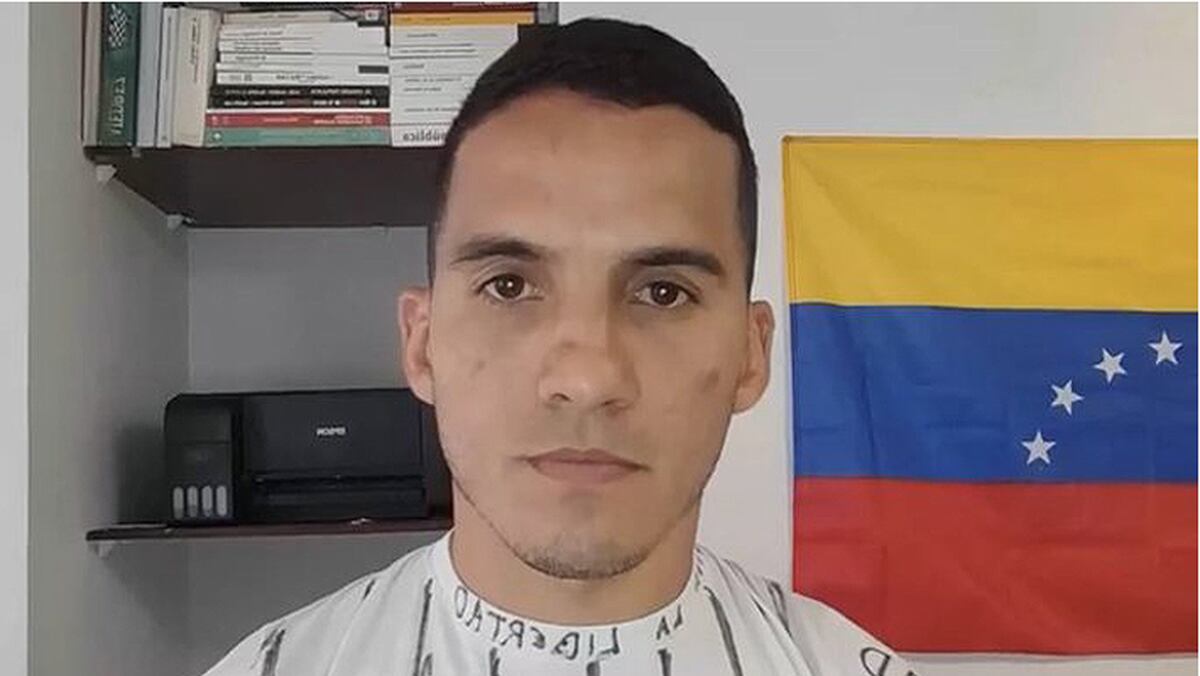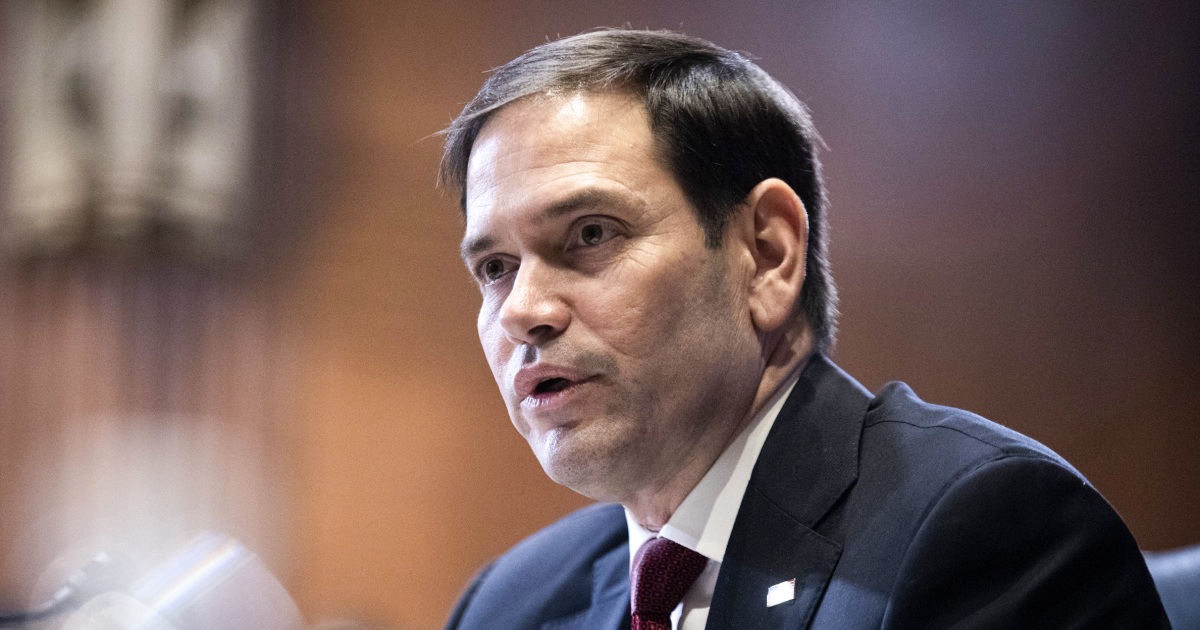Jaime Gazmuri in a file image. COURTESY
The government of Gabriel Boric has appointed the socialist Jaime Gazmuri (Chillán, 79 years old) as the new ambassador of Chile in Venezuela, where Chile had no ambassador since 2018, only a charge d'affaires. Militant of the Socialist Party and senator for 20 years – between 1990 and 2010 – he is a long-time politician with a very well evaluated diplomatic experience. Between 2014 and 2018 he was Chile's ambassador to Brazil, in the second term of Michelle Bachelet, with Lula da Silva as president. As Santiago's representative in Caracas, Gazmuri will have in his hands to normalize diplomatic relations, strained by President Boric's open criticism of human rights violations in Venezuela and, before, by the role he played as president Sebastián Piñera (2018-2022), in open support of the opposition and especially the then leader of the opposition. Juan Guaidó.
"While we have always maintained diplomatic relations with Venezuela, we believe it is an opportune time to normalize relations at the highest level, that is, by appointing an ambassador to that country. This, with the aim of reinforcing the bilateral work that we have continued to carry out during this time, "explains to EL PAIS the Chilean Foreign Minister, Alberto van Klaveren.
Gazmuri is one of the most experienced figures of Chilean progressivism with broad ties to the Latin American left. One of the founders of the Unitary Popular Action Movement, MAPU, born in the late sixties, was so relevant that in the division of this political force after the coup d'état, one of the fractions bore his name, Mapu-Gazmuri (the most moderate wing). Part of the militants of other forces that ended up in the Socialist Party in the eighties, in the last stage of the dictatorship, was a key figure in the Senate in the transition to democracy, where he chaired the Foreign Relations Commission. As his management in the Brazilian embassy was brilliantly evaluated in the Foreign Ministry, he will arrive in Venezuela with a broad political management and deep knowledge of the left of the region to try to normalize diplomatic relations between the two countries after five complex years.
Boric is the leftist Latin American leader who has distanced himself the most from Caracas, even during the election campaign that brought him to the presidency in March 2022. His position has pitted him against the most extreme sectors of his government coalition, such as the Communist Party. Last September, Chile's president upped the ante against Venezuela. During a participation at Columbia University, in New York, the president of Chile insisted with his criticism of the violations of Human Rights committed by the Government of Nicolás Maduro and also in Nicaragua. Being on the left, he said, should not prevent him from expressing his opinions, despite the fact that in Chile many tell him that "one should not speak ill of friends." "It makes me angry when you're on the left and you can condemn human rights violations in Yemen or in El Salvador, but you can't talk about Venezuela or Nicaragua... or Chile. In Chile we had serious human rights violations in the social outbreak [of 2019], we cannot have a double standard," he said in September 2022. In the same tour, before the UN General Assembly, Boric had accused Venezuela of provoking "tremendous pressure" on Chile, product of the thousands of Venezuelans who entered the country fleeing the humanitarian crisis.
Boric's statements before the Assembly had already had an impact in Caracas. Deputy Diosdado Cabello, the government's second-in-command strongman, accused the Chilean president of speaking "" to world leaders gathered in New York. "If they think we are going to capitulate because a fool like Boric went out to talk about Venezuela, they are wrong, a gafo, going out to speak badly of Venezuela, having so many problems, a historical debt with the Mapuche populations, and what he does is go out to persecute them," Cabello said. For the Venezuelan deputy, Boric spoke badly of Venezuela "to look good with the gringos." "It's ridiculous," he said.
Foreign Minister van Klaveren, who took office at the beginning of last March, replacing Antonia Urrejola, from the Ministry of Foreign Affairs has opened dialogue with Venezuela on issues of maximum sensitivity for the region and for Chile, such as the migration problem. In Santiago there is the conviction that the Venezuelan diaspora and the tensions it has generated in the rest of the countries cannot be fixed without an active conversation with Venezuela. At the beginning of his administration, Van Klaveren acknowledged "difficulties" for Venezuela to accept people expelled from Chile in the framework of the migratory crisis that exists on the northern Chilean border. In early May, however, the Foreign Ministry confirmed that Venezuela sent a private to repatriate migrants stranded on the border with Peru.
In mid-April, in an interview with EFE, the Chilean foreign minister said: "There is a migration crisis that affects different countries and, obviously, much greater cooperation is needed than currently exists. We know it's a very complex issue. Also in Europe, but the truth is that we have few instruments to deal with it collectively. One of our efforts at the moment is to be able to strengthen those cooperation mechanisms at the regional level. There is talk of reviving Unasur, in any scheme we are interested in participating." For Boric's foreign minister, it is "necessary to talk to Venezuela and Bolivia, absolutely necessary." "Venezuela is interested in the repatriation of its citizens. It had a repatriation programme that has been interrupted. We are interested in this program being able to resume," said Van Klaveren, who like Gazmuri himself is part of the Permanent Forum on Foreign Policy, "created in March 2019 to promote the broadest convergence around the basic principles of a State foreign policy, rescuing what has been a tradition of democratic Chile."
In the previous government, President Piñera took a leading role at the regional level in supporting Venezuelan dissidence, which complicated relations between Chile and Venezuela. The last ambassador, in fact, was Pedro Felipe Ramirez, who left his post on March 31, 2018. In February 2019, Piñera arrived in Cúcuta, a Colombian municipality bordering Venezuela, to lead the entry of humanitarian aid, in an operation designed by Iván Duque, who was the president of Colombia. With the aim of pushing the fall of Nicolás Maduro's regime, the visit finally ended in a fiasco that marked not only the Piñera government, but relations between Chile and Venezuela.
Subscribe here to the newsletter of EL PAÍS America and receive all the informative keys of the current situation of the region

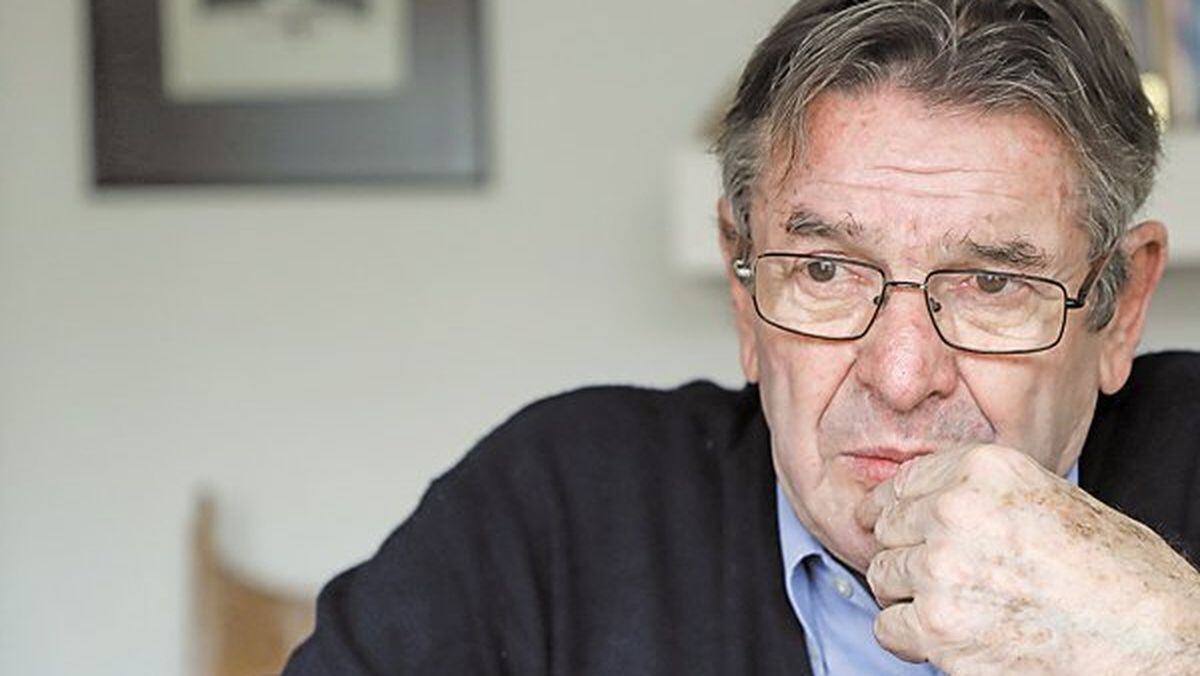
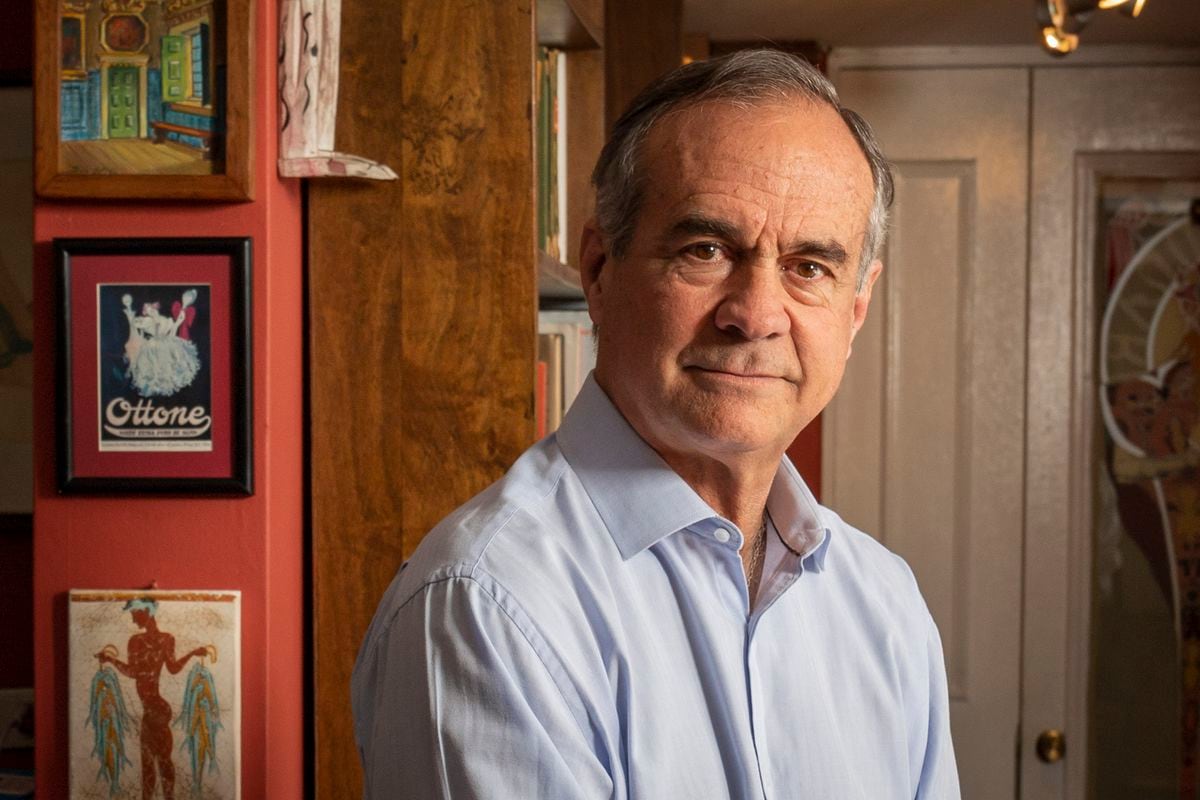
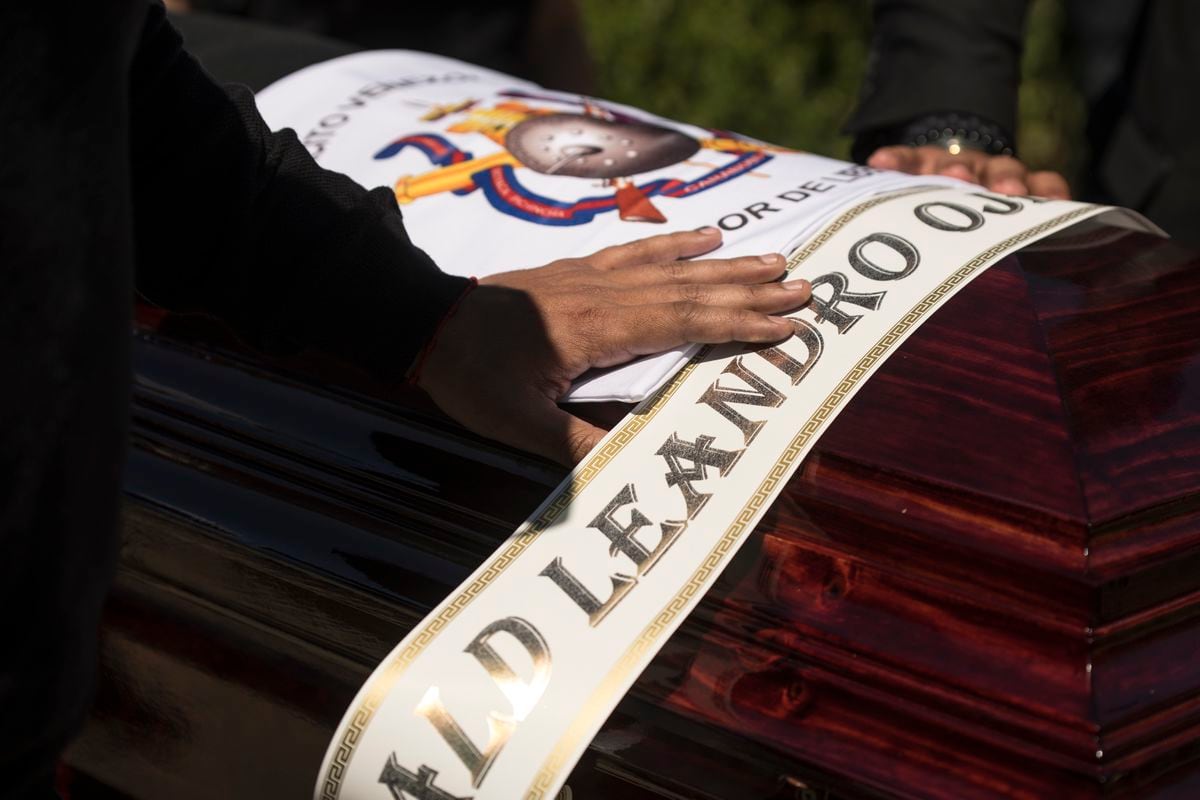
/cloudfront-eu-central-1.images.arcpublishing.com/prisa/IF24TOV3MFHHROUE2LMCLODXWI.jpg)
/cloudfront-eu-central-1.images.arcpublishing.com/prisa/U47VQFQW4FGCBFYMTUPCMC5PKE.jpg)
